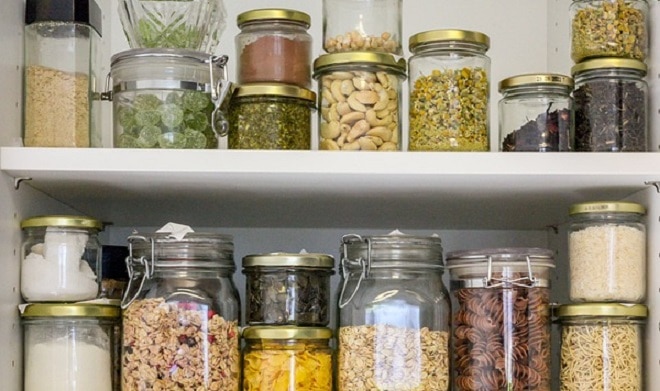Businesses in the food service sector will not achieve carbon net zero goals without taking urgent action on food waste, according to the catering and facilities management business Sodexo.
After examining food buying trends amongst some of the largest private and public sector organisations in the UK, it found that nearly three-quarters of senior decision makers in the supply chain and in food procurement are not tracking the amount of food their organisation wastes.
The findings demonstrate that, while the connection between day-to-day activities such as air travel and carbon emissions is well understood, food waste has yet to sufficiently cut through.
This is despite WRAP’s data suggesting total food waste in the UK amounts to 36 million tonnes of greenhouse gas emission and the government planning to consult on the potential of mandating food waste reporting.
Sodexo, which has pledged to cut its own food waste by half by 2025 found that just 26 per cent of food procurement professionals prioritise food waste in achieving carbon reduction goals.
There is currently wastage at every stage of the food system from farm to fork – this requires urgent intervention
More encouragingly though, nine in ten respondents said they are considering changing their organisation’s procurement criteria to reduce food waste in the next 12 months, with almost the same proportion saying they will be tracking food waste by 2025.
The study’s findings, however, clearly show that organisations are looking for outside assistance to help them achieve the necessary cuts in food waste, with almost two-thirds (64%) suggesting direction from government needs to be made clearer through stronger policy and regulation. A similar proportion (62%) said government advice on how to use technology would be helpful whilst 63% also believe carbon labelling on meals would instigate behavioural change.
Sodexo chairman Sean Haley, said: “Food waste is a problem long before consumers scrape leftovers off their plate. There is currently wastage at every stage of the food system from farm to fork – this requires urgent intervention.
“We feel strongly that every organisation that procures food at volume should commit to, and crucially action, a 50 per cent reduction in food waste by 2030 at the latest in line with the UN’s SDGs – although our own target is five years earlier than that.
“The first step towards cutting food waste is tracking and monitoring it – we are seeing significant results from this approach. While tackling food waste alone is not the silver bullet, it is a key component of our net zero ambition, enabling us to live up to our broader purpose of continuing to support and improve the communities in which we live, work and serve.”
A United Nations study suggested that if such waste was a country then it would be the third largest greenhouse gas emitter behind China and the US. But food procurement and supply chain heads face enormous challenges, one of which being the recent transition to hybrid working.
Over half said hybrid work environments make it difficult for businesses to plan how many diners they’ll have each day. The same proportion also said using food that might otherwise have been wasted (e.g. vegetable peelings) on menus has an image problem for consumers – but it’s one they want to change.
Related
Lockdown and the waste issue
SMEs are vital on the road to Net Zero


